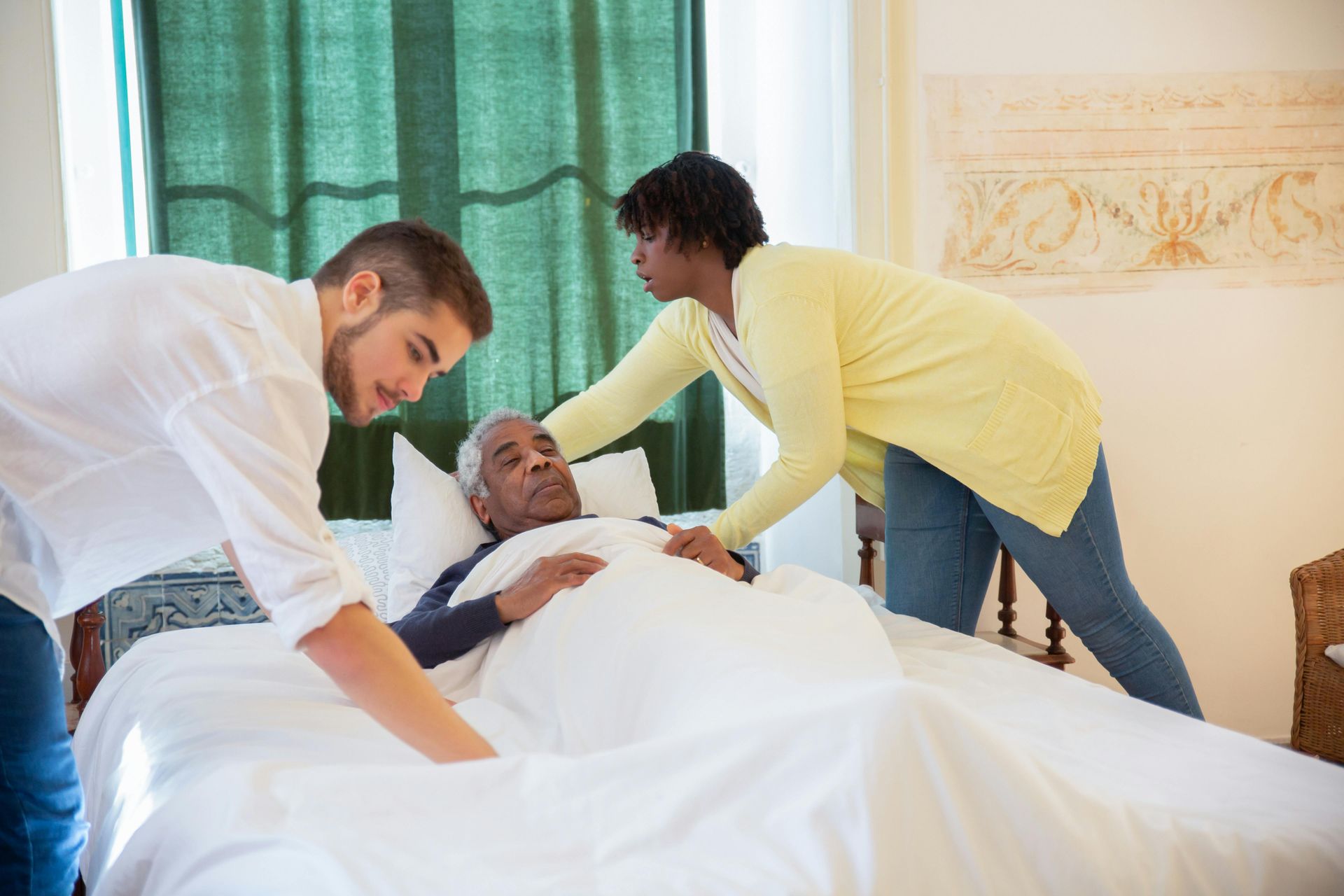Activities of Daily Living for Seniors: Tips and Strategies
Activities of Daily Living for Seniors: Tips and Strategies

Independence is a precious commodity that only increases in value as you age. When you're no longer able to complete routine tasks and activities – such as shopping for food, preparing meals or handling medications – it can be especially jarring and put you at risk for an accident, injury or illness.
If you or an older family member or friend starts to have trouble performing such tasks, it may be time to talk about moving to a senior living or long-term care community. However, that's not the only option. There may be resources and services that allow you to age in place at home. What avenue you pursue is an individual choice, but one of the key factors is your ability to manage activities of daily living.
Activities of Daily Living Needed to Remain at Home
Activities of daily living, also referred to as ADLs, are the life tasks that people need to perform to live safely at home and maintain independence. How someone handles any or all of these basic self-care skills helps determine what level of care or support they might need.
Activities of daily living examples include:
- Feeding.
- Continence (the ability to control bladder and bowel function).
- Walking independently.
- Toileting (the ability to get to and from the bathroom and use the toilet without assistance).
- Grooming (bathing, showering, brushing teeth and styling hair).
- Dressing.
Instrumental Activities of Daily Living
In addition, the instrumental activities of daily living – or IADLs, for short – are equally important for older adults who live on their own.
IADL skills include:
- Using the telephone.
- Shopping.
- Preparing food.
- Housekeeping.
- Doing laundry.
- Using transportation.
- Handling medications.
- Handling finances.
Using the telephone
Telephone skills require the basics – placing a call and answering the phone – as well as finding contacts and checking messages, if you have a cellphone.
Red flags in this area are when someone seems to have trouble using their phone, fails to answer calls or doesn’t recognize when the phone is ringing, says Dr. Michael Wasserman, a geriatrician in Thousand Oaks, California.
Shopping
To stay independent, you need to be able to shop for groceries and other essentials.
“Signs of a problem might be that Mom goes to the store for milk and comes home with chicken, or Dad always ate healthy and has started buying junk food," Wasserman says. "Other issues to watch for include suddenly or significantly increased shopping and related expenses or an empty refrigerator that suggests Mom’s not shopping at all.”
Preparing food
Preparing food doesn't necessarily mean crafting elaborate meals. It can be as simple as heating microwavable meals or making a sandwich. Red flags include burning food or leaving the stove on, missing meals and experiencing weight loss or significant changes in diet or eating habits.
Housekeeping
While not everyone has the same standards of cleanliness and order, housekeeping is important to maintaining independence. Hoarding, leaving food out, creating messy or cluttered rooms and letting garbage pile up are the types of signs to watch for.
Doing laundry
If someone stops doing laundry or wearing clean clothes, it’s important to find out why. Did they forget how to use the washer? Are they unable to climb up or down stairs to get to the laundry room? Are they depressed, and have they lost interest in basic hygiene?
The answers can tell you what might be the cause of the issue and how to address it, Wasserman says. In these cases, you might contact a health care provider to assess any physical or cognitive issues that could be at play.
Using transportation
People most frequently associate the inability to drive with loss of independence.
“Transportation means different things to everyone. Some people rely on their car to go everywhere. Others may exclusively use the bus or train, and they walk everywhere,” Wasserman says.
Getting in car accidents, getting lost or receiving parking tickets are red flags, he stresses. It's important to have a discussion about alternative modes of transportation, such as using the bus or car services, and whether they'll be able to navigate.
“We always recommend bringing in the physician for these difficult discussions," says Joe Jedlowski, CEO of Distinctive Living, a senior living community headquartered in New Jersey. "Having a trusted professional talk about why this decision is the right thing to do and discussing other options can make the news easier to process and accept.”
Handling medications
Managing medications doesn't just mean taking medications correctly. It also means getting prescriptions filled in a timely manner, which is among the top reasons someone moves into a senior setting or to a new level of care, according to Bill Deane, senior vice president at PharMerica, a national pharmacy provider with a focus on senior care that is headquartered in Louisville, Kentucky.
It’s also a more common issue than you may think.
"If you are over 65 and taking more than three medications, you are going to take a medication incorrectly at some point," Deane says. "When this happens, especially if it happens frequently, it contributes to decline.”
This can trigger falls and fall-related injuries, memory and cognitive issues, weight loss or other problems that can result in an emergency room visit or hospitalization, he says.
Handling finances
Assessing financial abilities can be challenging.
“People often don’t like talking about money,” Wasserman explains.
Financial management, however, is an essential skill for independent living. This includes being able to balance a checkbook, make deposits and manage money. In the digital world we live in, it's also important to understand and avoid scams and cybercrime.
“It’s important to approach conversations about finances and security positively and focus on what they can do and what they’re doing right,” Jedlowski adds.
SOURCE: US NEWS










